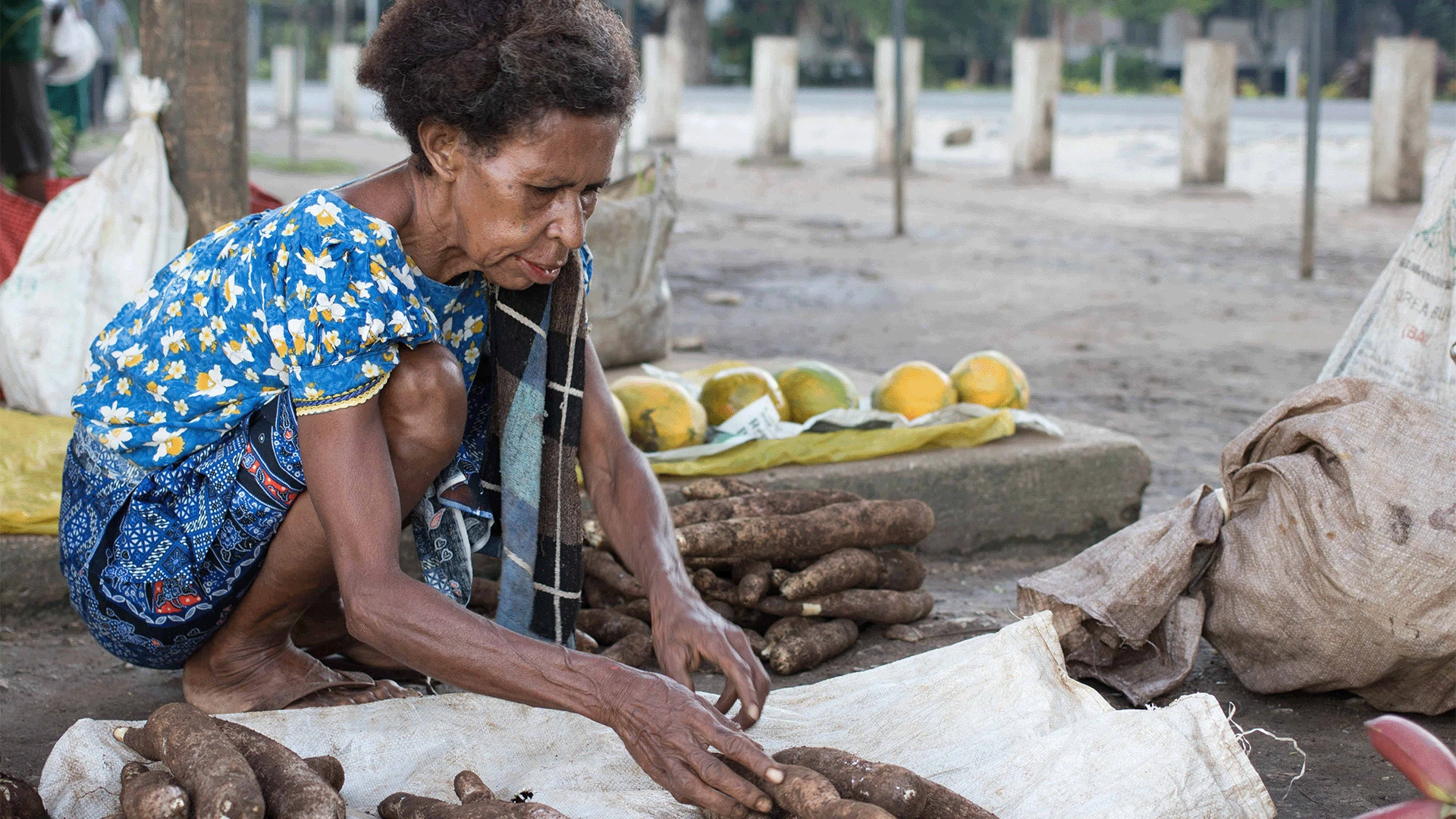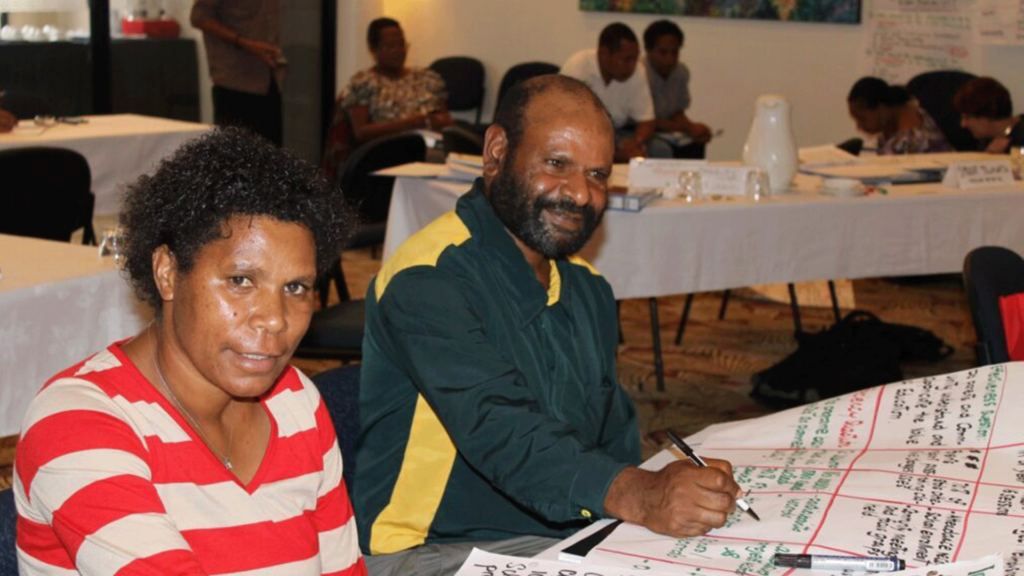
Tetra Tech International Development was engaged by the Australian Government’s Office of Development Effectiveness (ODE) to examine and assess the effectiveness of Australia’s recent investments supporting trade facilitation and its regional trade agreements to determine how Australia’s aid for trade investments may be better targeted in the future.
International trade provides countries with opportunities for long-term economic growth and job creation. In many developing countries however, there can be obstacles that can inhibit international trade, such as market access while sometimes opening trade regimes and achieving market access is not enough to help the poor, and particularly women, to receive benefits from an improved trade position. As a result, the Australian Government, through its aid program in the Indo Pacific region is helping to promote and support trade facilitation that will ensure sustainable economic growth and prosperity in the region.
Our Research, Monitoring and Evaluation Practice examined the effectiveness of the Australian Department of Foreign Affairs and Trade’s most recent aid for trade investments and activities and assessed four of Australia’s investments in trade facilitation and regional agreements in detail. These were:
- ASEAN–Australia and New Zealand Free Trade Agreement Economic Cooperation Support Program (AANZFTA AECSP) in Cambodia and Laos.
- The Trade Development Facility 2 (TDF-2) in Laos.
- The Pacific Horticultural and Agricultural Market Access (PHAMA) program which assists Samoa, Tonga, Solomon Islands, Vanuatu, Fiji and Papua New Guinea.
- The Pacific Agreement on Closer Economic Relations (PACER Plus), currently being negotiated between 14 Pacific nations.
We evaluated these investments by considering the questions of:
- How and to what extent the capacity of partner countries has been built to increase international trade?
- To what extent the relevant Australian Government investments have led to positive changes in the partner country’s broader economic and development goals?
Through our research and evaluation, we found that DFAT investments in trade facilitation have been effective in addressing capacity issues, and that Australia’s investments have the potential to make significant impacts on community and countries to reduce poverty.
Within those investments we evaluated, we found elements of good global practice, supporting the Australian Government’s aim to be a recognised leader in promoting and supporting trade facilitation in our region.
In our evaluation, we recommended that, to be successful in the future, Aid for Trade investments need to apply an integrated framework, be flexible, linked to government and private sector priorities, and importantly, have ownership by partner governments. We found that communication and coordination between Australia’s bilateral, regional and global programs needs to be strengthened by introducing shared values and implementable incentives for cooperation across regional and bilateral programs.
The full report and DFAT’s response to our evaluation can be found at the Office of Development Effectiveness website.
Client
Australian Department of Foreign Affairs and Trade (DFAT) Office of Development Effectiveness
Location
Australia, Asia Pacific
Duration
2016

